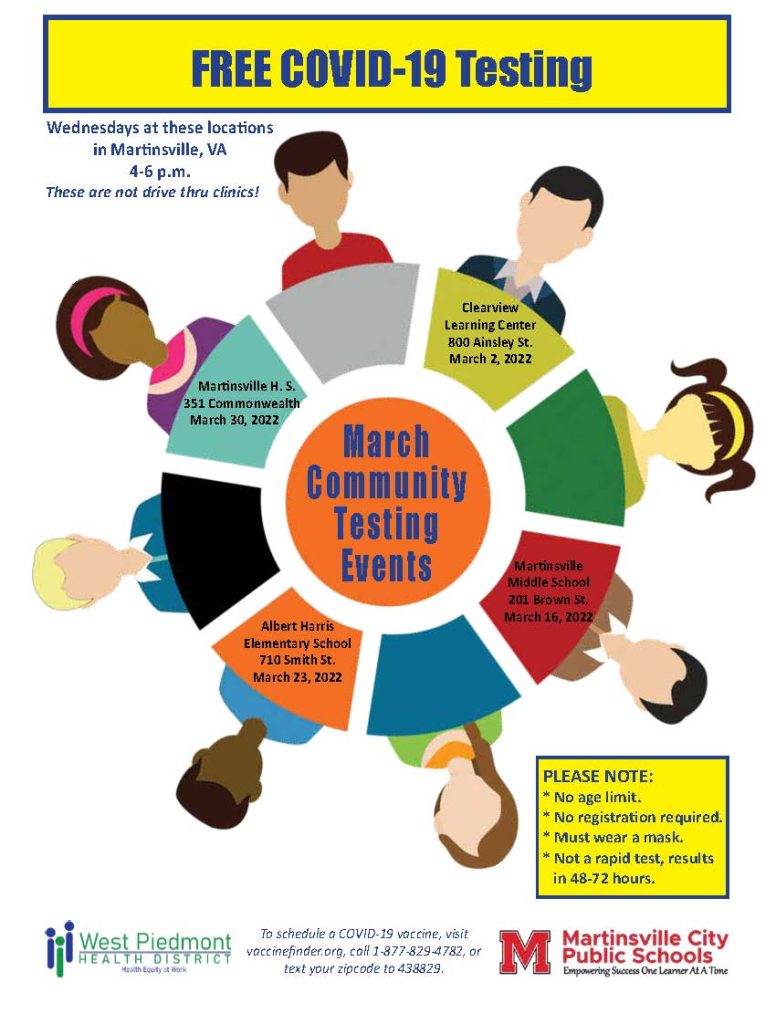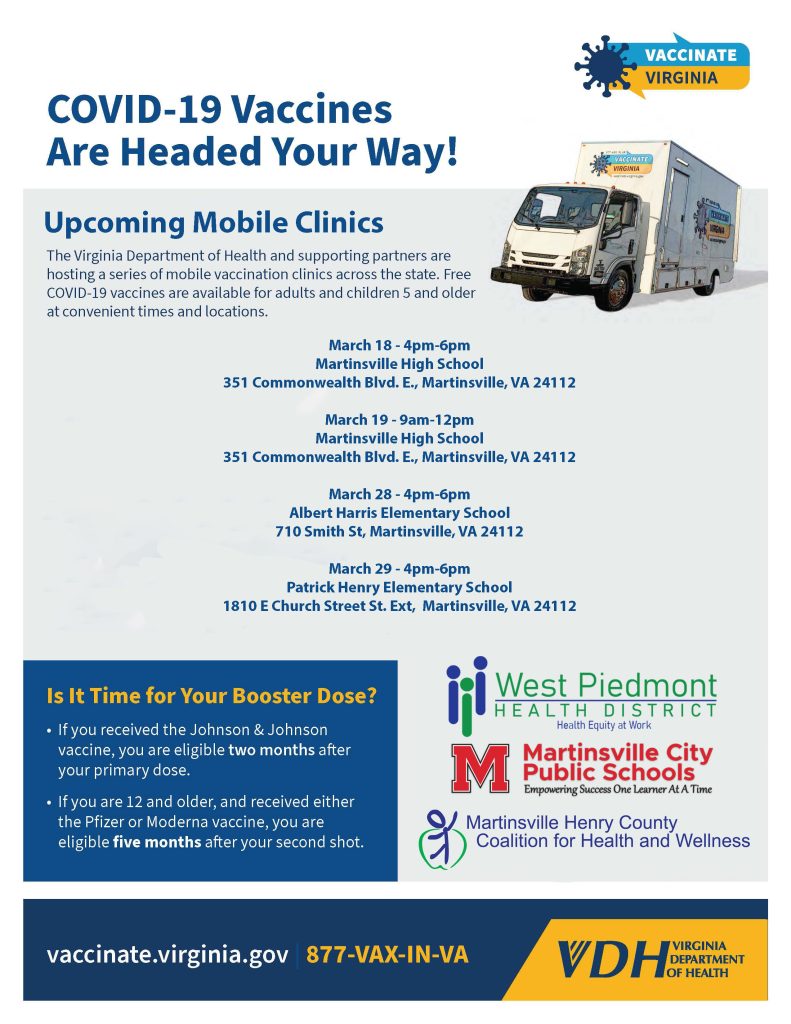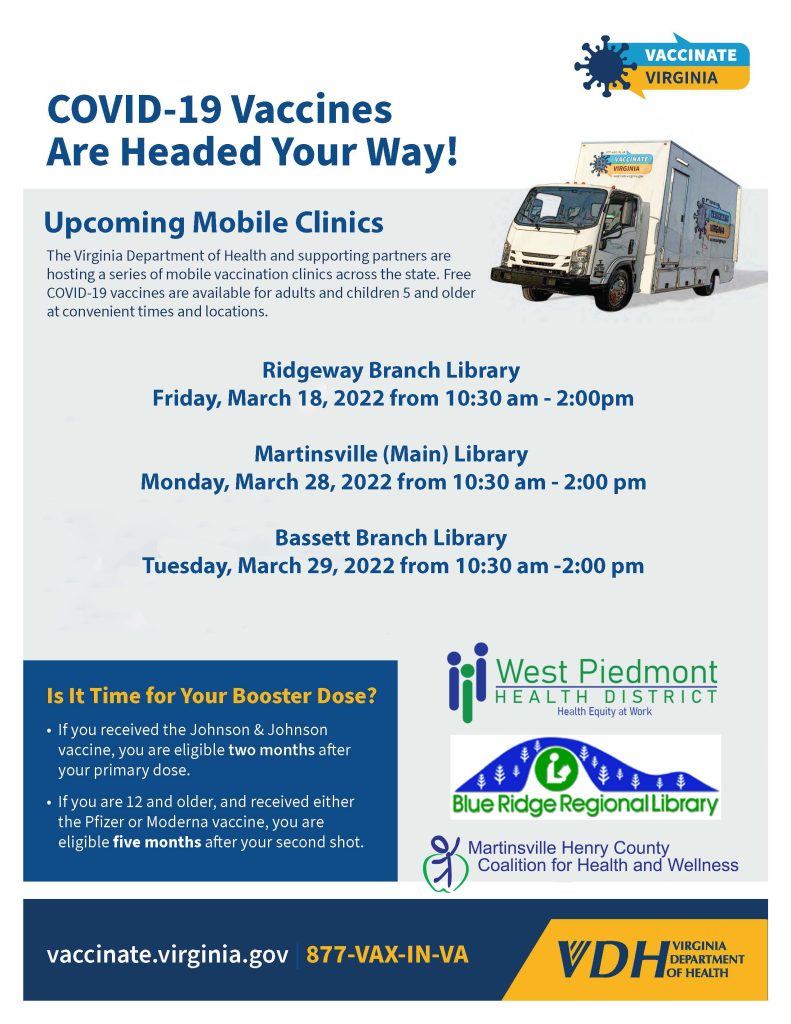
Focus on Facts
- The first half of 2022 is poised to be “very exciting” for COVID treatments, with several therapeutics studies due to release results; hundreds of programs around the world dedicated to finding the best treatments and ruling out those that don’t work . . . Over the past two years, the ACTIV program, run by the US National Institutes of Health (NIH), has included more than 30 studies — 13 of them ongoing — of therapeutic agents. To learn more, read the article in Nature
- Nerve damage could be behind some long COVID-19 cases, according to a small study published in Neurology: Neuroimmunology & Neuroinflammation that found nerve damage, possibly caused by a defective immune response, in 60% of the 17 participants. Reuters
- The Centers for Disease Control and Prevention released new COVID-19 guidelines last week that suggest precaution levels based on case counts, hospitalizations and hospital capacity. These metrics determine whether a community is at a low, medium or high level. The CDC updates county levels every Thursday.
-At the low level, there are low amounts of severe disease and the CDC recommends people stay up to date on vaccinations and take a test if they are experiencing symptoms.|
-At a medium level, there is more significant disease and spread, so those who are immunocompromised may choose to wear a mask or take extra precautions. Low level guidance also still applies.
-At a high level, hospitals are at risk of being strained, and masks are recommended for everyone indoors and in schools. - Roanoke Times. Here is the link: https://www.cdc.gov/coronavirus/2019-ncov/your-health/covid-by-county.html
- Under the Coronavirus Response and Relief Supplemental Appropriations Act of 2021 and the American Rescue Plan Act of 2021, FEMA is providing financial assistance for COVID-19 related funeral expenses incurred on or after January 20, 2020. Applications are only taken over the phone with a FEMA representative, Monday-Friday between 9 a.m. and 9 p.m.
-
COVID-19 Funeral Assistance Helpline
844-684-6333This is a dedicated, toll-free phone number. Multilingual services are available. If you use a relay service, such as your videophone, Innocaption or CapTel, please provide the specific number assigned to you for service. It is important that FEMA is able to contact you, and you should be aware phone calls from FEMA may come from an unidentified number.
Get answers to frequently asked questions about the application process on our Funeral Assistance FAQ page.



News You Can Use
FDA Test Recall
Last week's Focus on Facts announcement regarding an at-home test recall was misinterpreted to mean that the tests issued by the U.S. government and mailed to homes were being recalled. That is not true. Please be careful to know which tests are the ones the FDA has identified as those that should be discarded. If you have questions, you should always verify information by going to the source. This notice was shared by the FDA on their social media accounts and webpage.
COVID-cabulary
Why are the Delta and Omicron variants of COVID-19 not named COVID-20 and COVID-21?
This naming system has caused some confusion since the early days of the pandemic. The most important thing to remember is that the Greek letter names and "covid" refer to two separate things.
Delta and Omicron are the names for different variants of the coronavirus itself — the pathogen that infects you and makes you sick.
COVID-19 is the disease caused by the coronavirus and its variants — the collection of symptoms that can include congestion, fever, shortness of breath and so on. It stands for corona ("co") virus ("vi") disease (“d”), with -19 referring to the year it appeared . . .
When new coronavirus variants emerged, the World Health Organization adopted a naming convention for them based on the Greek alphabet. The goal was to create names for each new variant of interest or variant of concern that were easier to say and recall than the longer, more technical scientific names typically used in the laboratory. Health authorities will keep cycling through these names as long as the coronavirus keeps mutating.
The name of the disease won't change as long as the symptoms are generally the same. It's true that COVID-19 caused by Omicron is, for many people, less severe and less likely to result in hospitalization than COVID-19 caused by Delta. But the overall symptoms aren't different enough for health authorities to justify changing the name to, say, COVID-22. -- Washington Post, Feb. 14, 2022
Just for Fun
 Click to see more. -- National Geographic
Click to see more. -- National Geographic
The Women Who Quieted the World’s Cough
Pearl Kendrick and Grace Eldering are not household names, but the Bordetella pertussis (whooping cough) vaccine they developed has been saving lives since the 1930s.
The 2 women—both bacteriologists with Johns Hopkins School of Hygiene and Public Health doctorates—produced their first experimental pertussis vaccine in 1933. The perfected version adopted in 1944 is credited with driving pertussis deaths in America down from 7,518 in 1934 to 10 per year by the early 1970s.
Kendrick and Eldering continued to develop prototypes for a combination diphtheria, tetanus, and pertussis vaccine—precursors of the vaccine that protects ~85% of the world’s children today. -- Smithsonian Magazine (Global Health Now)
Franky Franklin - Benjamin Franklin & Inoculation
Learn about Ben Franklin's heart-breaking role in promoting inoculation (vaccination) in this short teaser from Ken Burn's upcoming series on innovation. https://www.pbs.org/kenburns/unum/playlist/innovation#benjamin-franklin-inoculation
The Epi-Center
Epidemiology is the science at center of public health.
Disparities in COVID-19 Vaccination Coverage Between Urban and Rural Counties — United States, December 14, 2020–January 31, 2022

According to a CDC Morbidity and Mortality Weekly Report dated March 4, 2022, COVID-19 incidence and mortality are higher in rural than in urban communities. Disparities in COVID-19 vaccination coverage between urban and rural communities have been recognized.
COVID-19 vaccination coverage with the first dose of the primary vaccination series was lower in rural (58.5%) than in urban counties (75.4%); disparities have increased more than twofold since April 2021. Receipt of booster or additional doses was similarly low in both rural and urban counties.
Addressing barriers to vaccination in rural areas is critical to achieving vaccine equity, reducing disparities, and decreasing COVID-19–related illness and death in the United States.
COVID-19 Data
Cases
Hospitalizations
Deaths
% Fully Vaxed & Boosted/3rd Dose
51.2 & 25.5
52.7 & 25.2
62.6 & 24.9
43.5 & 21.9
cumulative total as of 3/07/22



For Spanish and full-sized versions: https://www.vdh.virginia.gov/west-piedmont/covid-19-vaccine-information
